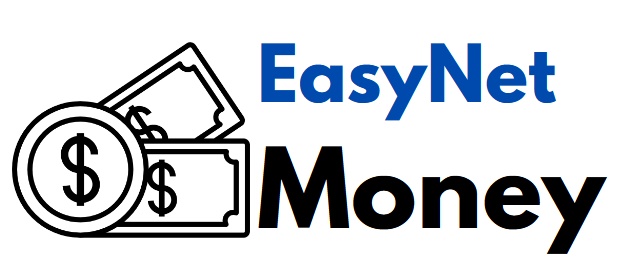If you are considering taking out a loan, you will need to familiarise yourself with the types of loans on offer. Regardless of the amount of money you wish to borrow, you should ensure that you understand the differences between secured and unsecured loans so that you can make an informed decision as to which will type of loan will best suit your needs.

Secured loans
Secured loans are ideal if you wish to fund major purchases such as home renovations and vehicle purchases. Secured loans require you to surrender high value assets, such as property deeds, jewellery or vehicles, to your loan provider. These assets will serve as collateral until you have successfully repaid your loan. If you fail to repay your loan, your loan provider will be entitled to sell your collateral to recoup the money you owe to them.
Unsecured loans
Unsecured loans are ideal if you wish to fund a college course or carry out minor household repairs. Unsecured loans do not require you to surrender high value assets for the purpose of securing your loan. However, the interest rates on unsecured loans tend to be considerably higher than those associated with secured loans. As a result, unsecured loans are often more difficult to acquire.
To increase your chance of obtaining an unsecured loan, you may wish to ask a friend or relative to become a guarantor. Your guarantor must sign a legal document to surrender their assets in the event of you failing to meet your loan repayments.
Choosing a loan
Whether you choose to take out a secured or unsecured loan with a loan provider such as SGE Loans, you must work out whether or not you will be able to afford the loan. To do this, you should deduct your outgoings from your income and determine the amount of disposable income you have to spend on your loan repayments. However, you must be realistic. If you have £300 of disposable income, you should not commit the whole amount to your loan repayments.
Interest rates and charges
The Annual Percentage Rate (APR) for a loan relates to the amount of interest you must pay on your loan. However, it may not include additional charges, such as early repayment charges. To compare loans, you should focus on the actual amount you will need to repay and the time over which you will need to repay this money.
Cooling-off periods
All loans are associated with cooling-off periods, which will enable you to ensure that you are able to afford to repay your loan. Also known as a cancellation period, you will be granted the right to cancel your loan agreement within 10 days. However, if you choose to waiver your entitlement, you will not be able to cancel your loan agreement.
When it comes to deciding between an unsecured and a secured loan, you should not let dire financial circumstances cloud your judgement. By comparing the pros and cons of these two loans and looking into the interest rates offered by loan providers such as SGE Loans, you should be able to find your ideal loan.
